One simple trick helps refugees adjust to life in the U.S: giving them a phone
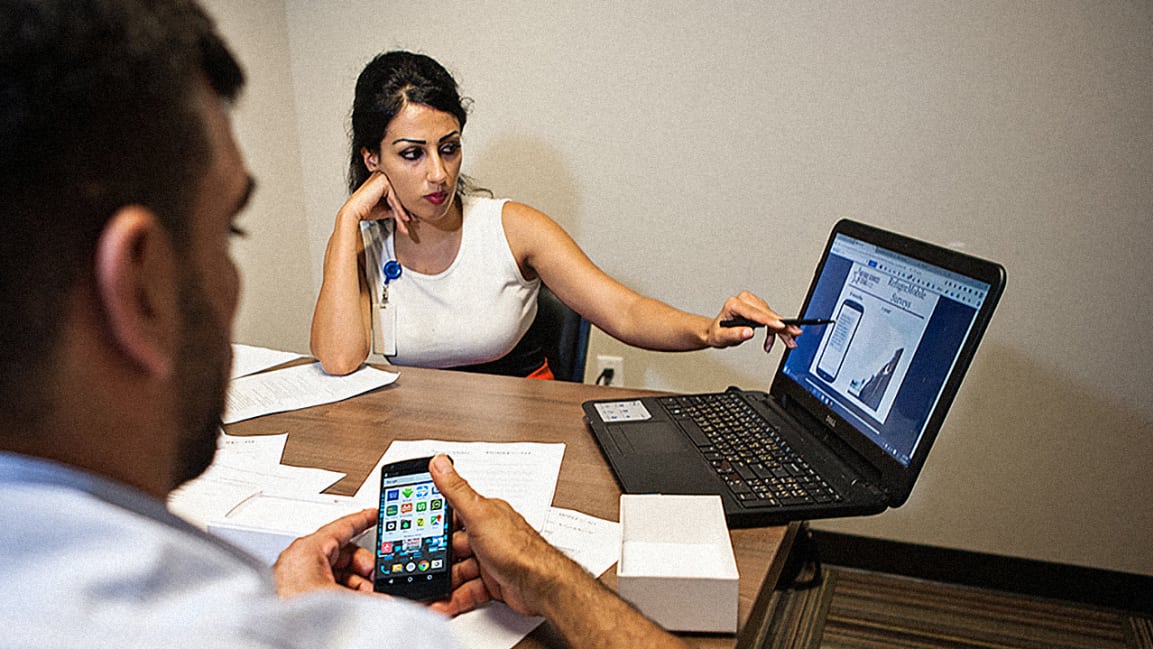
When refugees arrive in the U.S., they don’t necessarily bring a phone (or one that works locally), and it isn’t on the list of basic supplies that resettlement agencies usually provide. The small, temporary stipend that refugees get goes to essentials like rent, and paying a phone bill can be a stretch. But two years ago, an agency in Texas decided to take part in an experiment: If you gave a refugee a phone with a curated set of apps preloaded on the home screen–from Google Translate and Duolingo to local transit and map apps–how much could it help smooth their transition?
3 Discoveries for success every female tech entrepreneur should know
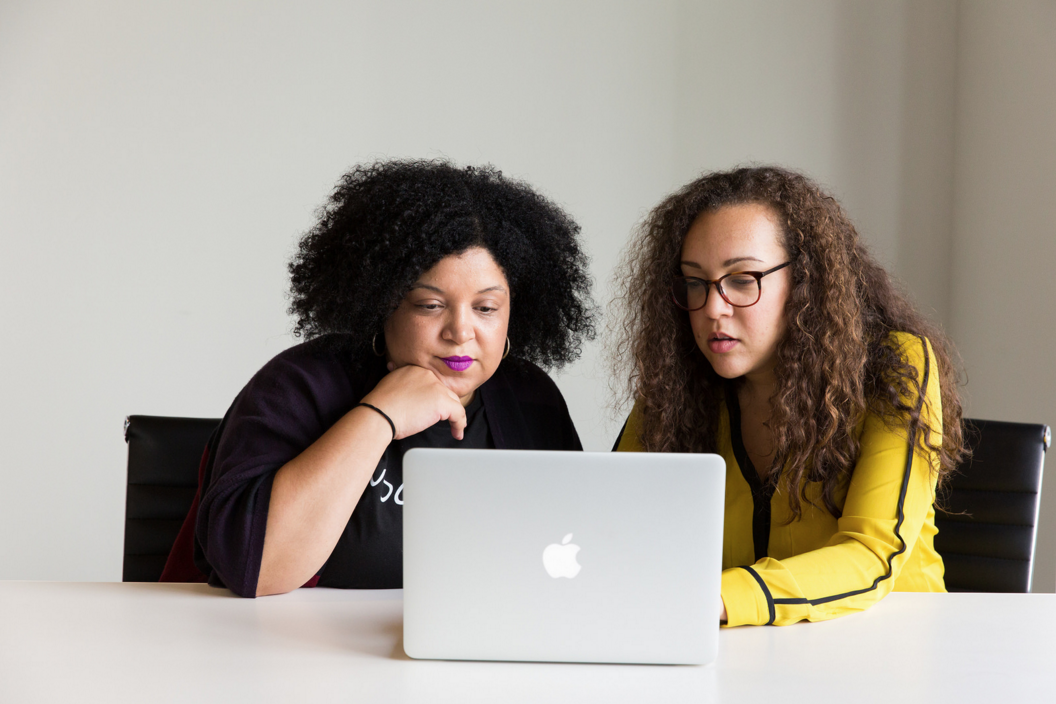
The gender gap in technology is staggering – according to a recent report from the U.S. Department of Commerce, while women held 47 percent of all jobs in the U.S. in 2017, they filled just 24 percent of STEM jobs. Couple that with the fact that, female-founded companies raised only $10.5 billion in venture capital last year, out of the nearly $90 billion total raised funds, and it’s clear female STEM entrepreneurs have a tough road ahead. June Sugiyama shares some of her experiences and discoveries as a female in entrepreneur tech.
A Social Good That Benefits Us All: A Tech Funder Looks to Close the Workplace Gender Gap

Many donors agree that more needs to be done to close the gender divide in the workplace. The more vexing challenge is what comes next. What tactical and operational strategies can businesses deploy to close the gap for good, especially in the male-dominated field of technology? “The gender gap,” as a broad term, encompasses various and discrete challenges. Women typically earn less than men. They’re represented to a far lesser degree in fields like STEM. They also lack a comparative “seat at the table” on corporate boards and leadership teams. As a result, donors have been tackling “the gender gap” from different angles. Funders like the Vodafone Americas Foundation have focused on expanding the pipeline of women coming into the tech field by helping them build skills.
Vodafone Americas Foundation Reveals Winners of 10th Annual Wireless Innovation Project

$600,000 in total prizes awarded to SMART, cerVIA and ENVIsion Mobile for their promising mobile innovations designed to impact the global community in the fight against disease and financial illiteracy.
At the Social Innovation Summit 2018 in San Francisco, the winners of our 10th annual Wireless Innovation Project (WIP), a competition awarding grants to the latest connected innovations designed to address critical issues facing the global community, were announced. Point-of-care platform SMART will receive the $300,000 first place prize for its remote diagnostic testing targeting sickle cell disease and malaria. cerVIA, a cervical cancer screening tool, will claim the $200,000 second place prize. ENVision Mobile, a business management application that helps financially illiterate micro-entrepreneurs, will receive the $100,000 third-place prize.
Inclusive Innovation: How Two Mobile Technology Startups are Changing the Game in Microfinance
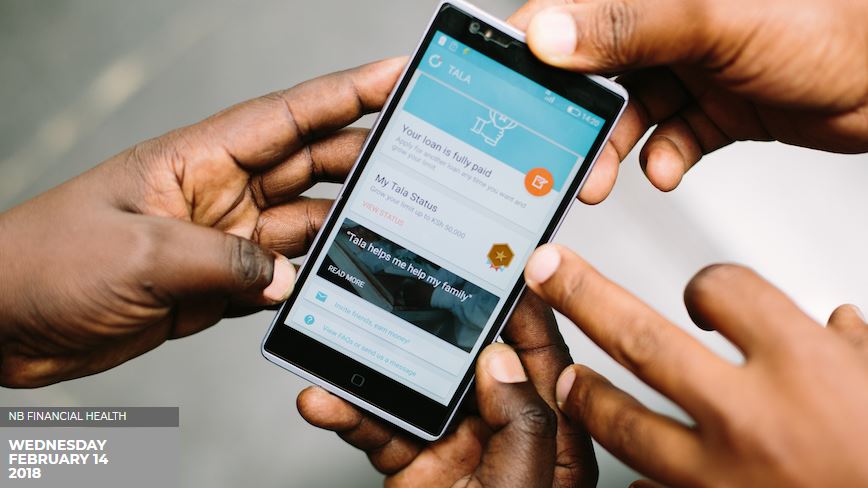
Securing a bank loan can hardly be called an easy or pleasant task for anyone. But for many in the developing world, it’s even more difficult. An estimated 2.5 billion people worldwide lack access to formal financial services, increasing their vulnerability and making it difficult to break the cycle of poverty. Fortunately, a number of innovative new startups are overcoming these limitations through advances in mobile technology. Over the past 10 years, participants in the Wireless Innovation Project® (WIP) competition have presented solutions for all kinds of issues, including financial services.
Banking in Rural Tanzanian Villages: Now There’s an App for That
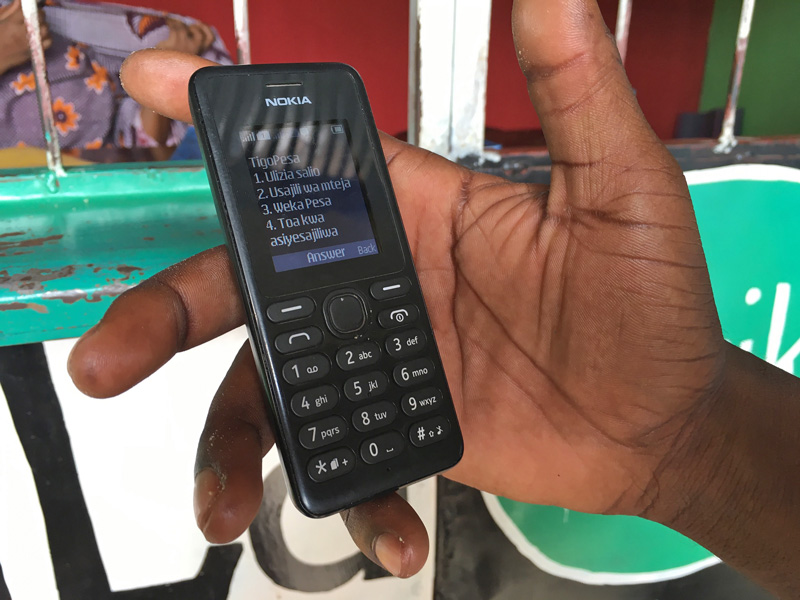
Two billion people in the world don’t have a bank account. But that doesn’t mean they don’t use money similarly to people who do. Wes Wasson, founder of financial tech startup DreamStart Labs, witnessed firsthand the relative sophistication of informal financial networks while he was working in microfinance in West Africa. With no commercial banks in many rural villages, women create their own, called village savings and loan associations. They pool their savings, appoint treasurers, hold community meetings, and issue small loans to each other. One woman’s successful repayment of that money benefits the entire group.
IoT Collar Fights Illegal Poaching
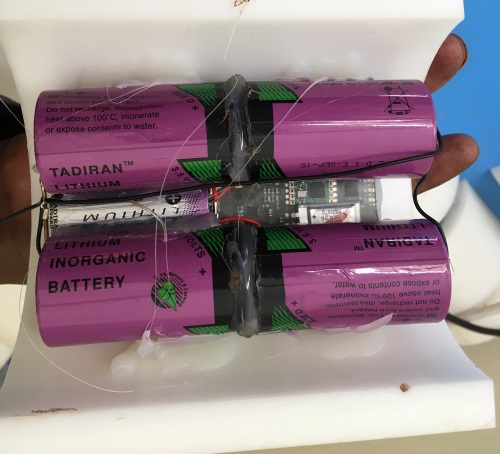
Designers of an electronic collar to prevent poaching of big game in Africa share the story of their still-evolving efforts: Illegal poaching is a major contributor to declining populations of endangered animals around the world. For example, it’s estimated there are now less than 500,000 elephants in Africa, less than half of the population 40 years ago. If the pace persists, wild elephants are at risk of extinction.
Innovations in Corporate Social Impact
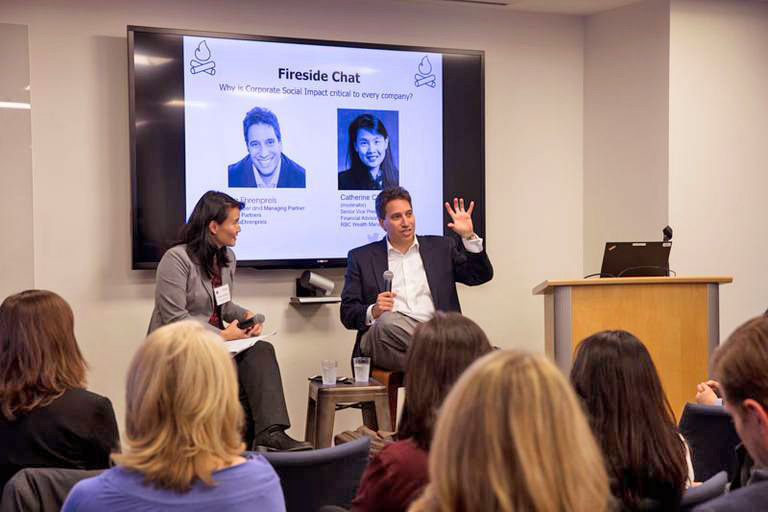
“Is it too difficult for companies to achieve financial and social impact simultaneously?” This was the question being posed by One World Founder & CEO Scott Saslow at the Innovations in Corporate Social Impact Summit on Nov, 2 at Cooley LLP in San Francisco. The answer was a resounding “no,” as attendees discussed the examples of Bay Area companies who are innovation leaders in how they design their strategy, measure results and harness capital and people to create wider social, economic and environmental benefits.
Call for Entries for Tenth Annual Wireless Innovation Project
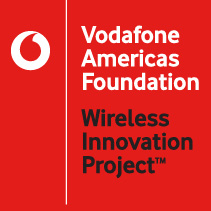
Today, at SOCAP17, The Vodafone Americas Foundation announced the opening of its tenth annual Wireless Innovation Project™ competition, seeking the latest connected innovations designed for social good. The Foundation asks all entrepreneurs, startups, non-government organizations (NGOs), nonprofits and university projects to submit technologies that aim to solve critical issues facing the global community.
Fighting Cholera With a Smartphone
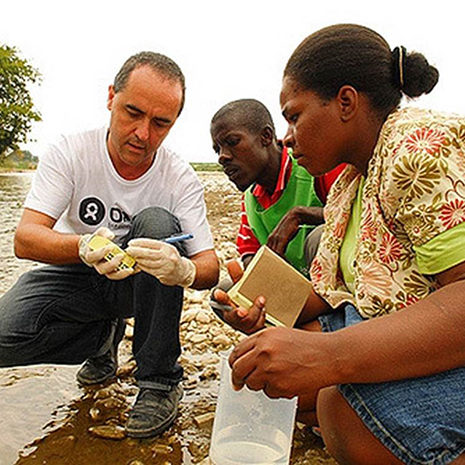
Global health experts don’t worry about if a major infectious disease outbreak will occur; it’s just a matter of when. A daunting barrier in the ongoing fight against infectious diseases is the ability to detect infectious agents in the environment before an outbreak begins. In June, the Vodafone Americas Foundation recognized a technology attempting to tackle exactly that problem in its ninth annual Wireless Innovation Project competition: a Purdue University spin-off called PathVis.